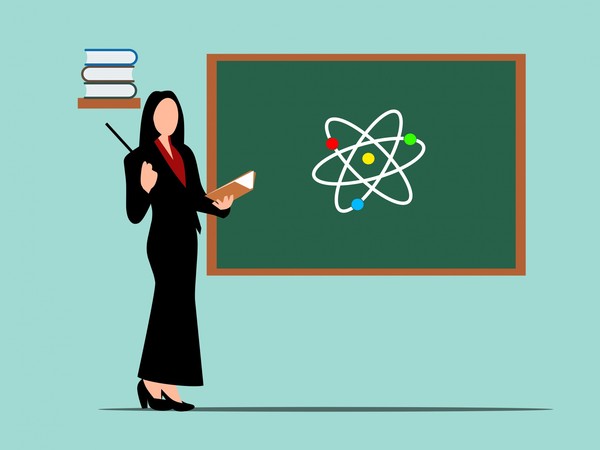In July of this year, the tragic story of a schoolteacher’s death brought to light issues of infringement upon educational authority in South Korea. Many teachers took to the streets, protesting and demanding revisions to laws related to child abuse. One solution that emerged was the proposal to ‘grant teachers immunity over child abuse’. Among strong opinions both in favor and against, granting teachers immunity from child abuse could lead to various problems. Therefore, the Korean government should not grant teachers immunity over charges of child abuse.

Firstly, there are concerns that actual instances of child abuse might not be properly punished. The youth human rights organization, ‘Youth-Citizen Nationwide Action for Youth Human Rights’(referred to as ‘Cheongshihaeng’ below) argues against granting immunity over child abuse, stating that if child abuse occurs within the school setting, it would be difficult to impose penalties. They claim that such situations could lead to more serious issues, especially in schools with disabled students. For instance, if a disabled child mumbles to themselves due to their disability, teachers could punish them for disrupting the class. Additionally, for special needs children, it might be more challenging to report violent situations they experience to their parents. Therefore, the immunity over abuse by teachers could excessively violate students' rights. Secondly, because the definition of "legitimate student guidance" is vague, the safety net protecting students could weaken. Organizations like the “Seoul Education Hope Network” argue that they understand the difficulties faced by teachers due to indiscriminate reporting of child abuse, but they oppose exceptions in the Child Welfare Act that allow for bypassing the clause for the prevention of abuse. Activist Kim Jeong-deok from ‘politicalmamas’ states that even teachers accused of verbal violence are being fined and returning to their positions within the education system and that reports about teachers' verbal abuse are still ongoing. Kim questions how the ambiguous criterion of proper education, "unless intentional or grossly negligent," will be judged. Granting teachers immunity from child abuse could lead to the disappearance of safety nets for protecting students. However, the problem of severe parental complaints and reports remains. In the current system, when a complaint is filed, principals have to immediately report the teachers to investigative agencies, and teachers face disciplinary actions such as reassignment and suspension without confirmation of facts. Therefore, the necessary improvement is in amending the law so that investigations are not initiated for complaints or reports without "valid reasons." Additionally, setting stricter punishments for false accusations should be done in conjunction. These measures could address the root issues of educational authority infringement rather than granting immunity to teachers.
Granting teachers immunity from child abuse can lead to several negative outcomes. It can make it difficult to punish instances of child abuse and undermine the safety net that protects students' rights. Moreover, providing teachers with immunity does not address the fundamental issue of teachers facing accusations and disciplinary actions without valid reasons. Therefore, the Korean government should not grant teachers immunity over charges of child abuse.
With the rise of concerns regarding the decline in Korean educational authority, it is evident that this issue must be addressed in the foreseeable future. Incidents like the recent case at Seo2 Elementary School underscore the importance of preventing such tragedies from recurring. While there is strong opposition and support for granting teachers immunity over child abuse, fundamentally, the shared concern for the future of education and students in South Korea will likely be shared. The priority is to find a solution that guarantees the rights of both teachers and students and ensures the well-being of the educational environment. As for the opinions of CAH readers regarding the granting of immunity from child abuse to teachers, it's a matter of perspective. Some might be in favor of it, while others oppose it. What do you, dear reader, think about this issue?

